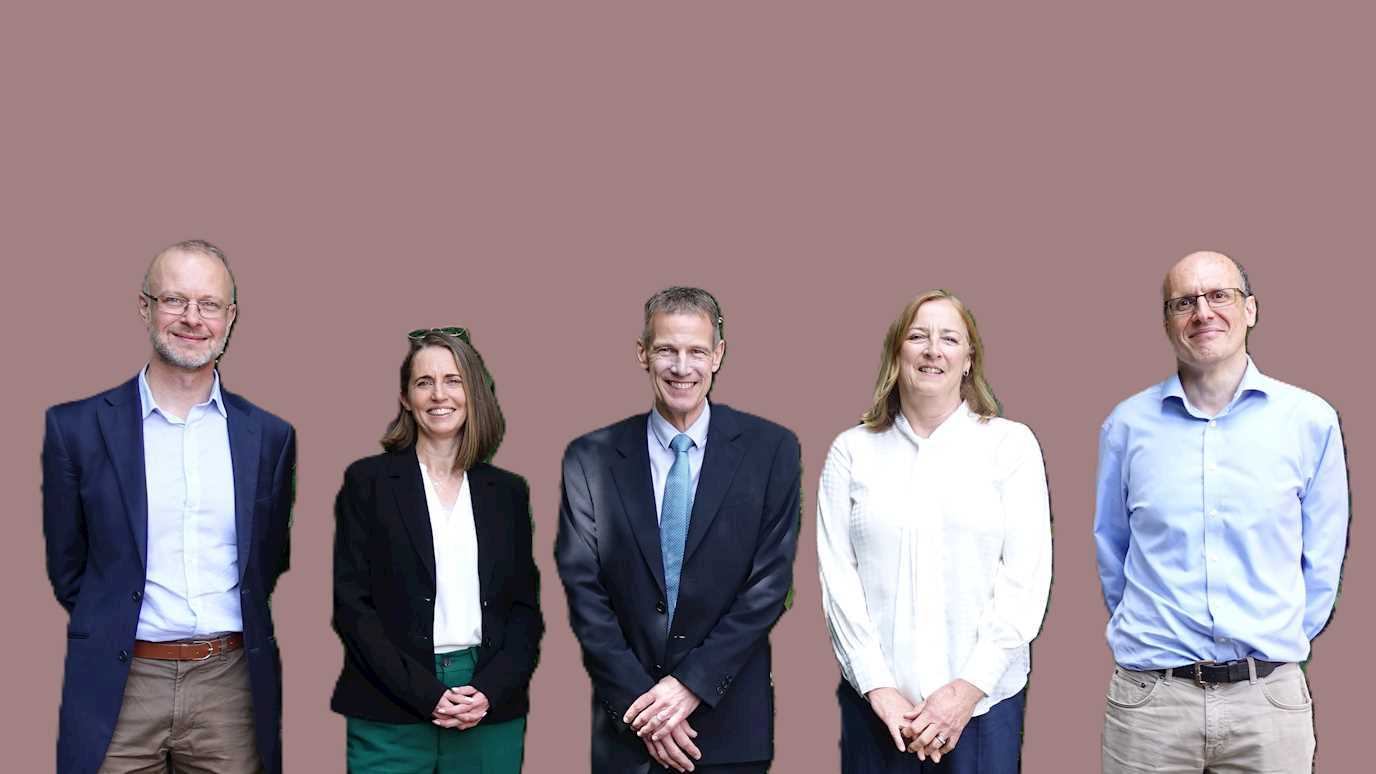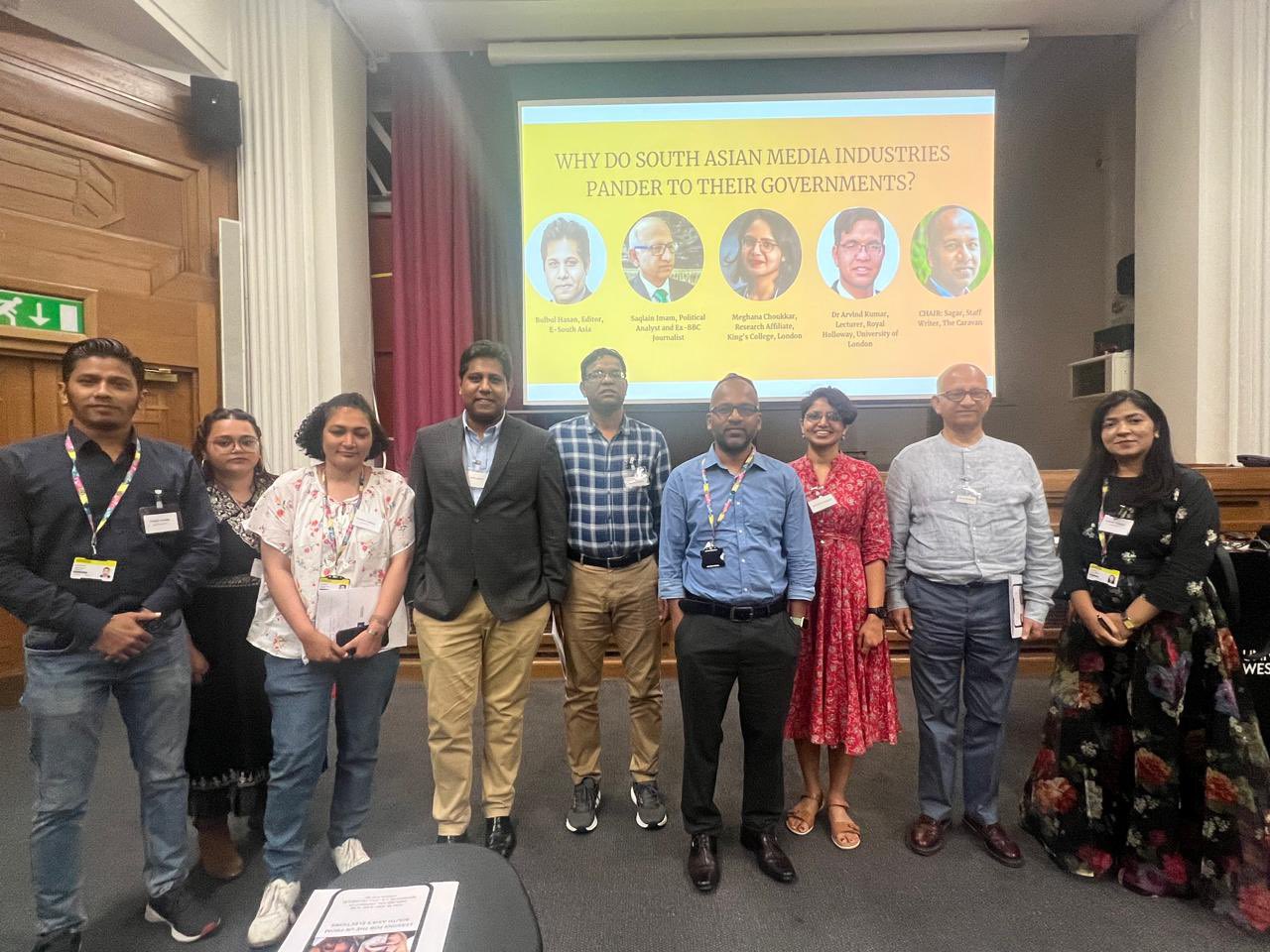The IRLA Meeting of Experts is an annual meeting of scholars, researchers and thought leaders who are acknowledged experts in the field of freedom of religion or belief. For more than a decade, this annual meeting has produced a body of academic work on critical aspects of religious freedom.

On November 16th, Dr Alexis Artaud de La Ferrière will participate in the annual Meeting of Experts of the International Religious Liberty Association (IRLA) in Geneva, where he will deliver a talk entitled: “Neo-laïcité” and religious freedom in France: Shifting the burden of neutrality from the state to the individual.
Recent IRLA Meetings of Experts have taken place at School of Law, Sydney University, Australia; University of Toronto, Canada; Pepperdine Law School, Malibu, California; and, Harvard Divinity School, Massachusetts. This year’s meeting will take place in Geneva and focus on issues of State Instrumentalisation of Religion and Freedom of Religion.
Summary of Dr Artaud de La Ferrière’s talk:
Although the philosophical and political advocates of laïcité in France have always included currents of thought hostile to religious doctrines and to religious group autonomy, the legislative and jurisprudential approach to the application of the principle of laïcité since 1905 has historically provided an effective framework for the protection of freedom of religion. This situation has gradually shifted over the past twenty years as successive governments have, with approval from the Constitutional Council, passed laws limiting individual religious liberties and the group autonomy of religious organisations, and increasingly displacing the burden of neutrality from the state to individuals.
The latest move in this direction has been the adoption of the Law on the Respect of the Principles of the Republic in August 2021, which significantly increases law-enforcement oversight of religious groups and imposes costly bureaucratic and budgetary obligations on religious associations. This legislative trend accompanies (and is sustained by) an increasingly dominant discursive trend within the public sphere that mobilises the language of laïcité as an instrument hostile to individual religious conscience and public manifestations of religion. In the run-up to the 2022 French presidential elections, the political instrumentalisation of laïcité (fuelled by anxieties related to social fragmentation, political disaffection, terrorism, and clerical sexual abuse) is gaining a new intensity, threatening to disrupt the liberal balance which has held for over one hundred years.























